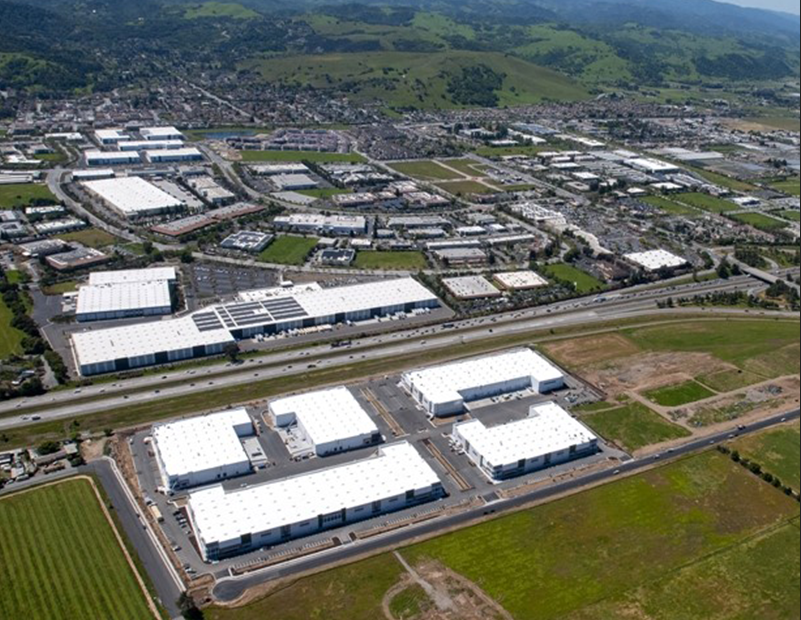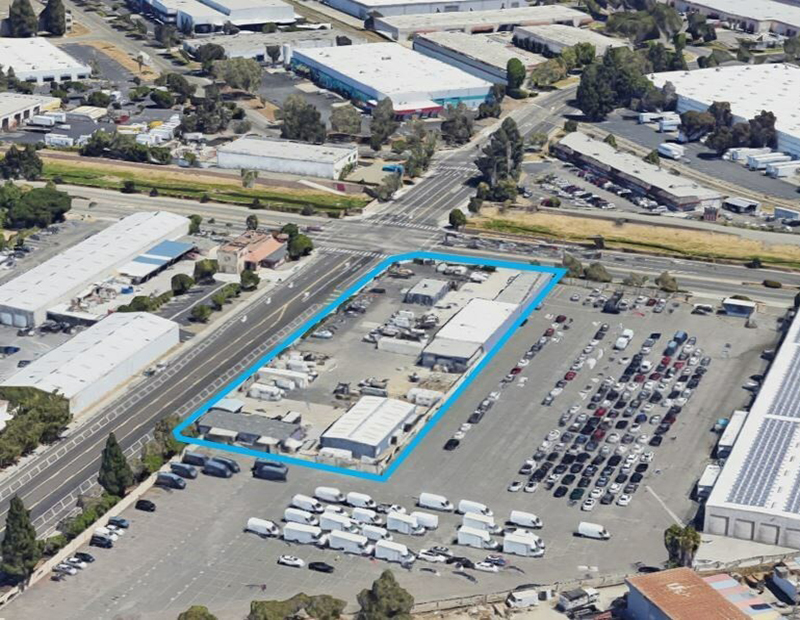Pittsburgh Plugs into ESAS
In the first U.S. initiative of its kind, IoT-based technology will cut the city’s power costs.
By Paul Rosta

Detail of Pittsburgh skyline (photo credit: Flickr Creative Commons user Paul Wasnewski)
In what backers are calling a U.S. first, the city of Pittsburgh is rolling out an integrated energy-savings-as-a-service program. As part of a broad-based public-private collaboration of city agencies, vendors and energy service providers, the program will employ Internet of Things strategies.
Pittsburgh’s ESAS program is targeting the wasted energy consumed by devices that are plugged in around the clock. Involving 100 municipal buildings, and that the U.S. Department of Energy has estimated accounts for as much as 25 percent of energy use in commercial buildings.
The city advanced the effort in early July when it tapped BOSS Controls, a Pittsburgh-based firm specializing in IoT energy management, to deploy the technology. At the heart of the plan is BOSS’ Smart-Plug technology, which will trim costs by switching off idle equipment in city buildings. That, in turn, will yield load shedding, cutting peak demand and reducing the city’s carbon footprint.
New Model
“What we are doing today is forever changing the electric utility business model across the world, saving on costs, reducing our dependence on fossil fuels and creating many new energy technology jobs,” said Boss Controls CEO Greg Puschnigg in a statement.
Also involved are utility-provided financial incentives. Duquesne Light Co. is offering rebates through the Duquesne Light Watt Choices Program. In the July 10 announcement of the ESAS program, BOSS said that the service would soon be more broadly available to customers of Duquesne Light and other utilities around the country.
“The product deployment is part of the city’s Climate Action 3.0 objectives of reducing emissions by 50 percent, and the city’s participation in the 2030 District Challenge was also a guiding factor for the deployment in the city’s buildings downtown,” said Grant Ervin, Pittsburgh’s chief resilience officer, in a statement. Goals of the 2030 District Challenge include a fossil-fuel free vehicle fleet, divestment from fossil fuel companies, a 50 percent cut in energy and water use and a 50 percent reduction in transportation emissions.
Another key component of the smart-plug initiative will be connectivity provided by Sprint Magic Box, billed as the world’s first all-wireless small cell, as well as Sprint LTE modems.
Pittsburgh’s ESAS initiative grew out of a pilot program under the auspices of the Global City Teams Challenge, a four-year-old initiative of led by the National Institute of Standards and Technology. GCTC promotes innovative public-private Internet of Things collaborations and has enlisted more than 400 companies and organizations in 150-plus cities.
Properties participating in Pittsburgh’s pilot program ranged from municipal buildings and Carnegie Mellon University properties and the US Steel Tower. Boss Controls installed smart plugs on devices as water coolers, window air conditioning units and vending machines, which often remain plugged in even when not in use.







You must be logged in to post a comment.